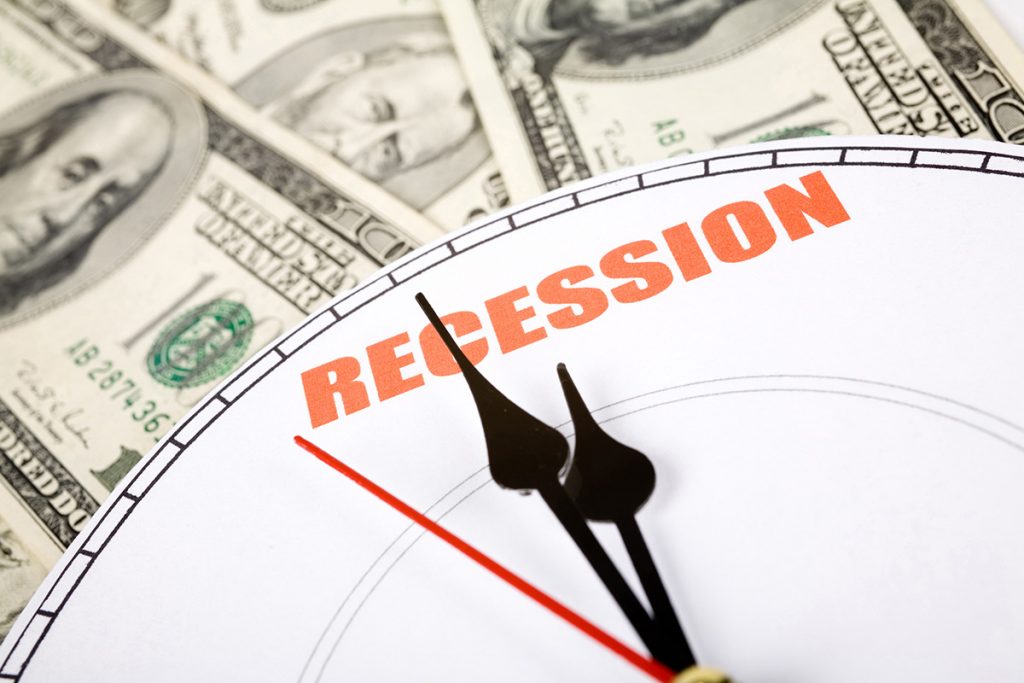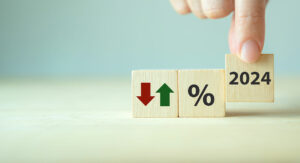Recession as a Self-Fulfilling Prophecy

If John Maynard Keynes is right and it’s possible to collectively spend our way out of a recession, then it also must be true that we can worry ourselves into one. And that just may be what is going on right now.
A recession can be defined as a decrease in spending and income. Because more spending will generate more income – people buy more goods hence more goods are needed requiring more workers to produce those goods, who in turn earn more income to spend on more goods – then it is possible to spend you way out of a recession. But that central tenet of Keynesian economics is counterintuitive for many consumers whose first reaction to predictions of an economic downturn is to pull back on spending.
A recent CNN story featuring a survey of Americans found nearly three-quarters of respondents think the U.S. economy is in bad shape. With inflation still high – though receding – along with concerns about the financial system and lingering supply-chain issues, the prospect of an economic downturn is a very real concern. But is it inevitable?
With Americans being fed a steady diet of breathless reporting on a potential banking crisis, anecdotal stories about high prices and stern warnings of impending economic doom, the path to a recession may become a self-fulfilling prophecy.
If consumers see the economy as bad – with a chance it will get worse – those expectations can bring about a recessionary period as consumers stop consuming, leading to workers not working and the economy grinding to a halt.
The problem is those feelings of economic malaise are as much a figment of the active imaginations of analysts and pundits as they are actual facts. Whether or not it “feels” like a recession is imminent, the truth of the matter is we don’t know when a recession begins until after the fact. The National Bureau of Economic Research’s Business Cycle Dating Committee is the official scorekeeper when it comes it recessions. And the group defines a recession as “a significant decline in economic activity that is spread across the economy and that lasts more than a few months” so there is always a lag between when a recession starts and when it becomes official.
But in the meantime, news about the economy operates in an informational vacuum, where speculative commentary rather than statistical research drives the narrative.
According to the CNN poll story, “the public still reports hearing largely grim news about the economy.” Even the University of Michigan, in its consumer sentiment report in March, said their data “revealed multiple signs that consumers expect a recession ahead.”
In mass communication theory, this is called Agenda Setting. While media platforms aren’t telling consumers what to think when it comes to the state of the economy, they are telling them what to think about – the prospect of a recession.
With consumer spending accounting for two-thirds of the nation’s gross domestic product, if the Chicken Littles of financial news keep shouting that bad things are happening, they will tighten their belts and prepare for the expected economic storm –thereby making it a self-inflicted self-fulfilling prophecy. And then the sky really will be falling.






